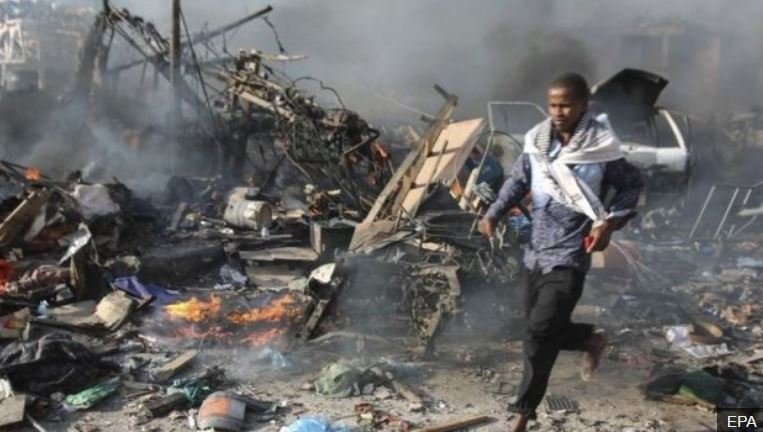The proposal by the Chief of Defence Staff, General Christopher Musa, to construct a security fence along Nigeria’s borders may be one of the most meaningful national security initiatives of our time—if implemented with purpose.
For decades, Nigeria’s borders have remained perilously porous, serving as open corridors for terrorists, arms traffickers, and transnational criminals. Insurgents and smugglers traverse these frontiers with ease, particularly from neighbouring countries such as Niger, Chad, and Cameroon, exacerbating insecurity across the country—especially in the North-East.
After carrying out killings and acts of terror, these insurgents often escape freely across the borders. This unrestrained cross-border movement has enabled terrorism to flourish. States like Borno, Yobe, and Adamawa have borne the brunt of this crisis, with entire communities devastated and countless lives lost.
General Musa’s proposal is a move to protect Nigerian lives, strengthen national defence, and demonstrate that the country will no longer remain passive in the face of sustained insecurity.
Globally, border fencing has proven to be an effective tool in limiting illegal crossings, enhancing surveillance, and reducing insecurity—including terrorism and insurgent activities.
Israel’s barrier along the West Bank led to a 90% reduction in suicide bombings. Pakistan’s 1,350km fence along the Afghanistan border helped curb militant infiltration. Saudi Arabia’s border fortifications with Iraq drastically reduced arms smuggling. In Europe, Hungary’s fencing during the 2015 migrant crisis significantly decreased illegal crossings from Serbia and Croatia. Similarly, India’s fences with both Pakistan and Bangladesh have tightened control over cross-border terrorism and trafficking.
If these countries—many of which face even lesser threats—can act decisively to protect their borders and reduce insecurity, why can’t Nigeria do the same?
Some critics have cited the potential cost of such a project. However, the financial and human toll of continued inaction is far greater. According to reports, Nigeria has lost over $100 billion to insecurity and insurgency in the past decade—losses incurred through destroyed infrastructure, diminished investor confidence, disrupted agriculture, and the overwhelming cost of military deployments. More tragically, thousands of lives have been lost, and millions displaced.
The North-East alone has seen economic activity nearly collapse, with displaced persons in the millions and entire communities erased by Boko Haram. Beyond the monetary cost is the cost of human lives. Compared to these losses, the investment in a robust border security system is both reasonable and imperative.
Security is the bedrock of every functioning society. Without it, businesses collapse, agricultural output drops, education suffers, and democracy falters. While a border fence will not solve all of Nigeria’s security challenges overnight, I personally believe it is a bold and concrete step in the right direction. It signals intent. It restores a measure of control.
General Musa’s proposal is a sound military strategy. It is a national necessity. The initiative deserves broad support.











